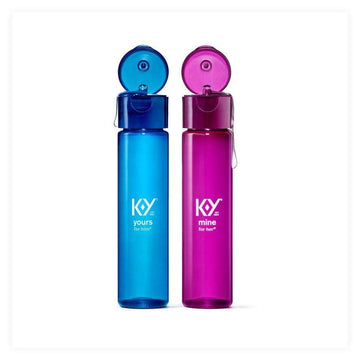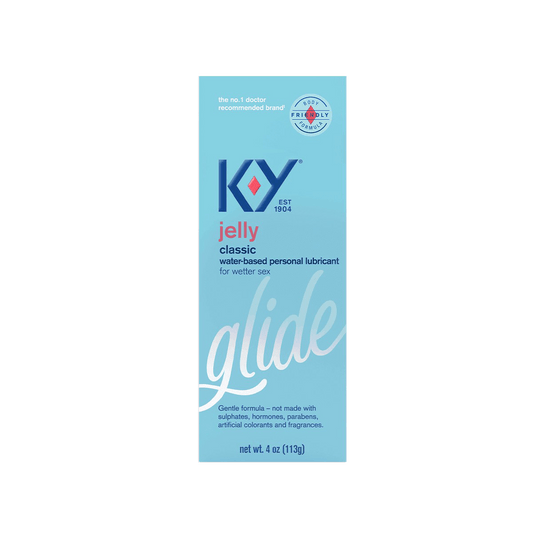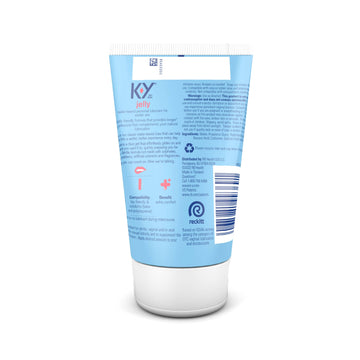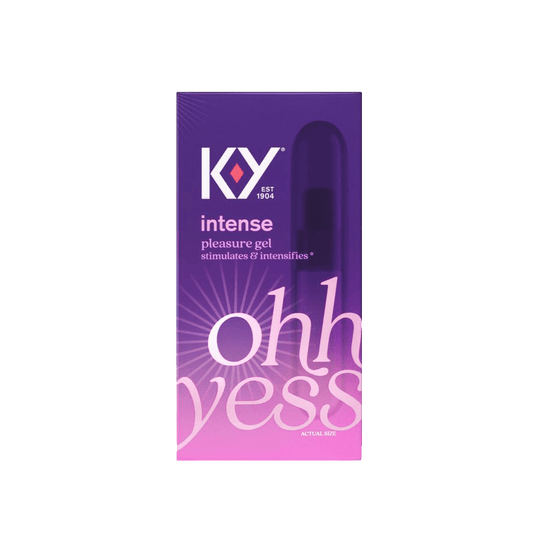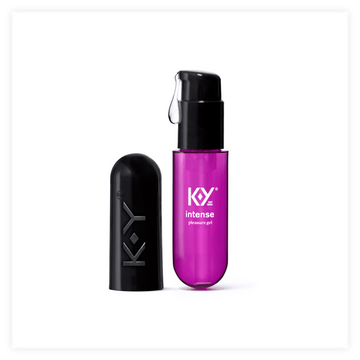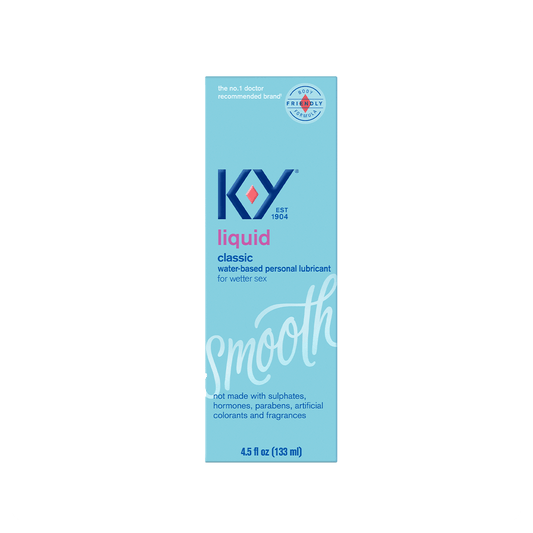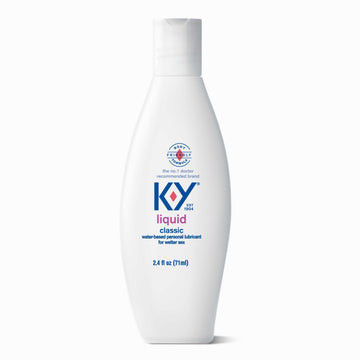Do Men Go Through Menopause?
Menopause is something that almost all cisgender women will experience at some point in their lives. It is caused by a drop in estrogen levels and the loss of ovarian follicular function1 and causes vaginal dryness, changes in mood, hot flashes, and, ultimately, the end of the menstrual cycle. But did you know that while cisgender men do not go through menopause, there is something known as andropause, which can refer to a cluster of varying conditions that men might experience in their late 40s and early 50s as a result of the loss of testosterone? Read below to learn more.
We will cover:
- What Is Male Menopause and Do Men Go Through Menopause Like Women?
- What Are the Symptoms of Male Menopause?
- What Age Do Men Go Through Menopause?
- Diagnosing Male Menopause
- Treatment Options for Male Menopause
- Conclusion
What Is Male Menopause and Do Men Go Through Menopause Like Women?
As previously mentioned, there is no true male equivalent of what nearly all women go through at some point in their lives. Instead “male menopause” is a term that has been used with increased frequency in recent years to refer to a cluster of symptoms that men can go through during middle age. According to a report from the National Institute of Health, andropause refers to a term associated with a decrease in sexual satisfaction or general well-being as a result of decreased levels of testosterone2. This is not a male equivalent of female menopause, but it is still something that men should be concerned about and prepared for.
What Are the Symptoms of Male Menopause?
Andropause is something that manifests itself in a variety of ways, with no two men, if they do go through this condition, experiencing it in the exact same fashion. Some of the symptoms that you could expect to have, however, include:
- Hot Flushes
- Sleep Disturbance
- Memory Loss
- Depression
- Fatigue
- Erectile Dysfunction
- Increased Body Fat
- Infertility
- Lower Self-Confidence
- Irritability
- Reduced Potency
- A Decrease in Libido and Sexual Function2
It’s worth bearing in mind that if you go through andropause, you may only exhibit one of two symptoms. It is more pronounced in men who have lost all testicular function as they are no longer producing testosterone. No matter what they are, it’s certainly worth consulting a doctor if you are exhibiting any of these symptoms for a persistent amount of time.
What Age Do Men Go Through Menopause?
You might be wondering: when do men go through menopause? The andropause is claimed to start as early as age 40, with men losing testosterone production by 1% a year from 30 onwards3. By age 70, men can experience up to 50% loss of testosterone levels. Around two in ten men suffer from low testosterone over the age of 604, increasing to three in ten men in their 70s and 80s. If this concerns you, then you should certainly get checked by a doctor to see if this is something you should be worried about.
Diagnosing Male Menopause
To catch yourself out for male menopause, you should certainly consult the services of a doctor, who will be able to conduct a series of tests to check if your testosterone levels are decreasing. Learn about the diagnostic process and how the doctor can check you for andropause.
The Diagnostic Process
When you visit the doctor, they will likely perform a physical examination and ask you questions about your health. You might even have to fill out a questionnaire to see if you are suffering from the symptoms listed above. The important part is to make sure that you are being honest about your symptoms; even personal things such as your sexual libido levels.
Blood Tests and Hormone Levels
If your doctor is concerned by your physical and the answers you gave to his questions about symptoms, then the next step is likely to be a blood test, which can be able to monitor your health and check for testosterone levels. During a blood test, a rubber strap is wrapped around your arm, and then the skin around the vein that runs inside your elbow to the surface is cleaned before a small needle is inserted into the vein. If you are squeamish about needles, it’s worth looking away!
Ruling Out Other Conditions
As men age, they can go through a variety of different changes that are not necessarily related to andropause. For example, you might find that you are going through a conventional middle-life crisis and this is manifesting itself in psychological ways. Additionally, studies have shown that symptoms such as loss of facial hair, or trouble at work, are not necessarily linked to the andropause5. It is likely that your doctor is not going to test for testosterone straight away, but will run different clinical tests according to their training.
Treatment Options for Male Menopause
Most symptoms of male menopause can be treated on their own or with medication. Additionally, the mental issues involved can be treated by either leaning on your partner or through therapy. The loss of libido and issues with maintaining an erection can be treated with prescribed medication for example, or you can take a look at K-Y©’s excellent selection of lubes. Another option, which is controversial, can be hormone replacement therapy6.
Lifestyle Changes
The main worry that you may have about andropause is a loss of sexual libido. This is why you need to make sure that you work on intimacy as you get older with the help of special lubes, pills, and even sex toys. Other key recommendations are to watch what you eat, work out regularly, and make sure you are not too hard on yourself as your body changes.
Conclusion
We hope that you have enjoyed our guide to male menopause and busting the myths about what it is. If you are younger, we hope not to fill you with doom and gloom as there are still many sexual benefits after 40+ that you can enjoy regardless of going through andropause or not. With that said, if you feel like your testosterone levels are dropping, then it is certainly worth consulting the services of a doctor.
Resources:
- WHO, 2022, Menopause
- National Institute of Health, 2013, Andropause: Current concepts
- National Institute of Health, 2008, Hypothalamic-pituitary-testicular axis disruptions in older men are differentially linked to age and modifiable risk factors: the European Male Aging Study
- The Journal of Urology, 2018, Evaluation and Management of Testosterone Deficiency: AUA Guideline
- National Institute of Health, 2015, Andropause – state of the art 2015 and review of selected aspects
- National Institute of Health, 2019, The Controversial History of Hormone Replacement Therapy




